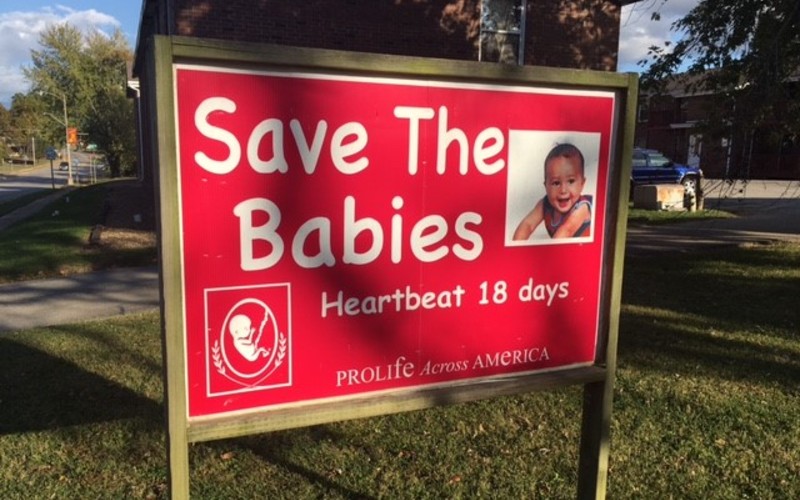When the U.S. Supreme Court overturned Roe last year, which sent regulatory authority over abortion back to the states, Tennessee's trigger law went into effect and basically banned abortion in the state. Some legislators are currently trying to weaken that law, which is known as the Human Life Protection Act.
Will Brewer of Tennessee Right to Life tells AFN the state’s attorney general has suggested making exceptions to the state law would make it easier to defend in court but that legal argument, he warns, has gone too far.
“Rather than making it more defensible they have created all kinds of loopholes and exceptions to the abortion law that are currently not in that law,” Brewer advises. “And so they have created a nine-page exception to a two-page law.”

Concerned about that effort, Tennessee Right to Life urged pro-life lawmakers to fight the attempt to weaken the Human Life Protection Act but also worked with lawmakers who wanted to clarify the language.
“But we do not accept various exceptions that weaken this law,” Brewer tells AFN, “and create loopholes for abortions to happen that are right now prohibited.”
Bill sponsors in the House and Senate have postponed consideration of their bills thanks to scrutiny of their efforts.
In abortion-supporting New Mexico, meanwhile, the state legislature has passed the Reproductive and Gender Affirming Health Care Freedom Act. The bill, as the name implies, addresses two issues important to the Far Left: abortion rights and medical rights for transgender minors.
Elisa Martinez of New Mexico Alliance for Life calls the legislation the nation's most radical infanticide-abortion-transgender measure in any state legislature.

“Multiple amendments were offered to try to address some of the serious concerns in this bill, including the infanticide portion, which mimics language from the California law that really shocked the nation recently,” Martinez says. “That was voted down.”
Martinez and Alliance for Life credit a Republican state senator, William Sharer, for offering an amendment that addresses the word “perinatal” in the controversial legislation. The word, which can refer to the time period after birth, was included in California’s abortion bill in 2022 and predictably caused an uproar for hinting at infanticide.
Gov. Michelle Grisham has been a champion of the bill and is expected to sign it.







